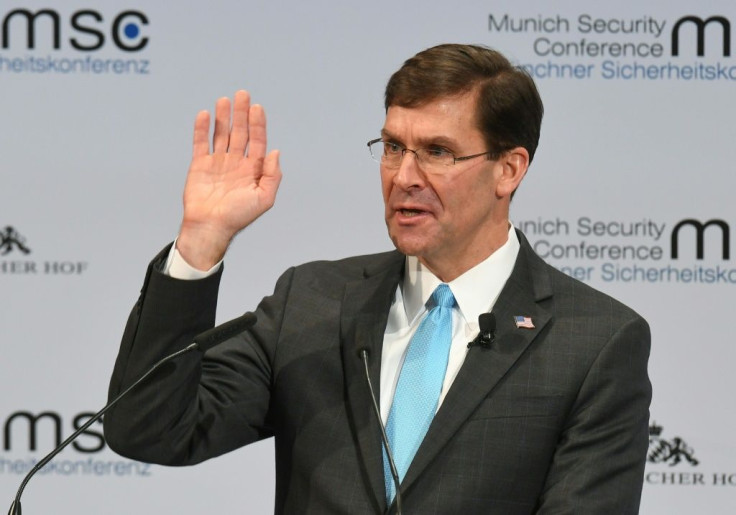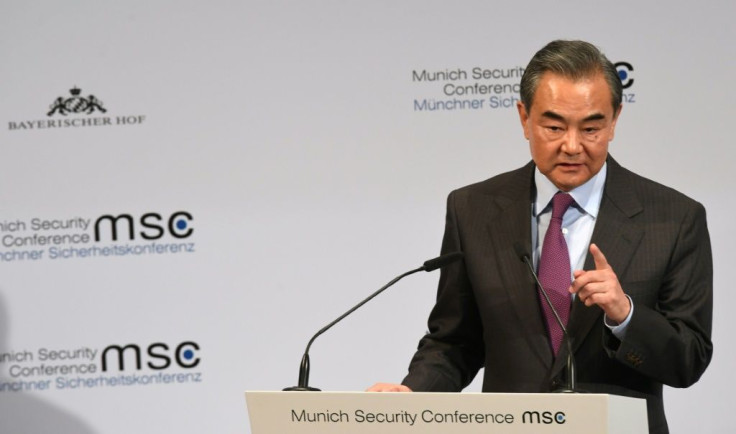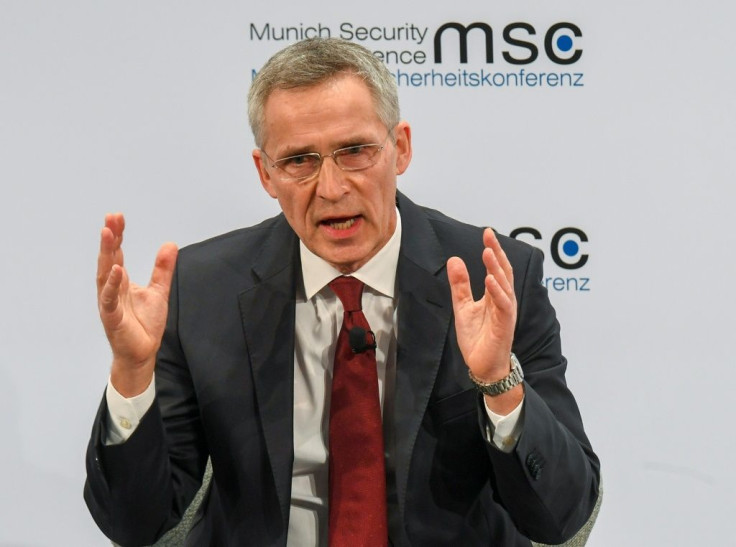US Defence Chief Warns Of Huawei 'Threat' To NATO

Top US officials fired a fresh broadside at Huawei on Saturday, warning the Chinese tech giant posed a threat to NATO if allies allowed it to build new 5G communications networks.
Washington has been pressing European allies hard to ban Huawei, one of the world's largest tech firms, from next-generation mobile data networks, saying it is a security risk.
A day after Huawei was hit with new criminal charges in the US, Secretary of State Mike Pompeo told the Munich Security Conference the company was a "Trojan horse for Chinese intelligence".
US Secretary of Defense Mark Esper said Huawei was the "poster child" for China's "nefarious strategy" to infiltrate and dominate crucial Western infrastructure.
"If we don't understand the threat and we don't do something about it, at the end of the day it could compromise what is the most successful military alliance in history -- NATO," Esper said in Munich.
This year's conference, an annual gathering of world leaders, diplomats and military top brass, has been dominated by anxiety about the West's diminishing influence in the face of rising China and a resurgent Russia.
Key US allies in Europe, notably Britain and France, have said they will not ban Huawei from building 5G networks -- that will permit near-instantaneous data transfers -- but will impose restrictions.

Publicly the US has been restrained in its response, but President Donald Trump was reportedly furious with London.
Washington has sanctions in place aimed at blocking Huawei from getting any US telecom equipment contracts and prevent the transfer of technology to the Chinese firm.
Huawei vehemently denies the US allegations and Beijing has characterised the company's treatment as "economic bullying".
Chinese Foreign Minister Wang Yi said countries had the right to protect their information security.
"But it is important to provide a level playing field for all companies and a fair business environment for all companies," he told the conference.

"We believe every country will make their independent and wise choice."
On the legal front, a US indictment on Friday laid more criminal charges against Huawei related to theft of intellectual property, adding to earlier allegations the company stole trade secrets from American carrier T-mobile.
While these issues anger the Trump administration, it is Huawei's potential to undermine strategic Western communications that causes the most worry.
"Reliance on Chinese 5G vendors could render our partners' critical systems vulnerable to disruption, manipulation and espionage," Esper said.
While NATO's traditional sphere of interest is limited to Europe and North America, in December alliance leaders agreed to launch a strategy to address the new challenges posed by China.
It is the first time the alliance has formally recognised the potential threats to security posed by Beijing and its ever-growing role on the global stage.
Seeking to preserve the unity of the 29-nation club, NATO officials have trodden a careful diplomatic path on Huawei, stressing the importance of maintaining reliable, secure communications networks without pointing the finger directly.
But Secretary General Jens Stoltenberg used an appearance at the Munich gathering to issue a warning about the threat posed by Chinese involvement in Western infrastructure.
"The rise of China presents both challenges and opportunities for us. We need a common understanding of what this means for our shared security, for freedom and democracy," he said, urging allies to invest to "maintain our technological edge".
"We should not be tempted to trade short term economic benefits for longer term challenges to our security."
Huawei is a world leader in 5G, but Europe's Nokia and Ericsson are also significant players in the market.
Earlier this month US Attorney general Bill Barr said Washington should take controlling stakes in one or both of the companies to take on Huawei's market dominance.
Barr said there are already proposals on the table for the US "aligning" itself with either or both Sweden's Ericsson and Nokia of Finland.
© Copyright AFP 2024. All rights reserved.





















